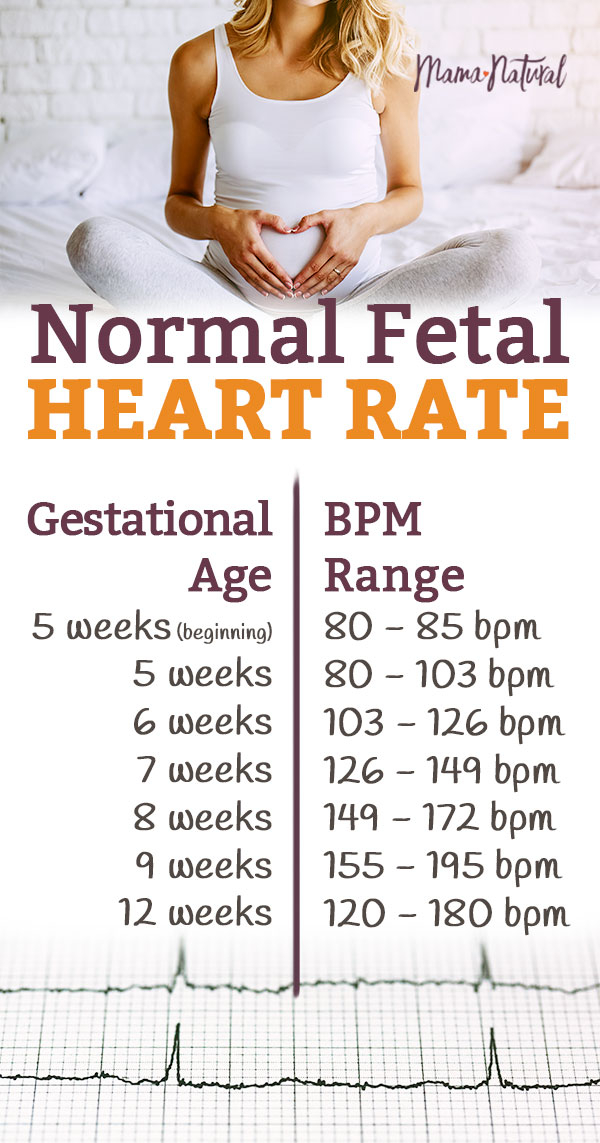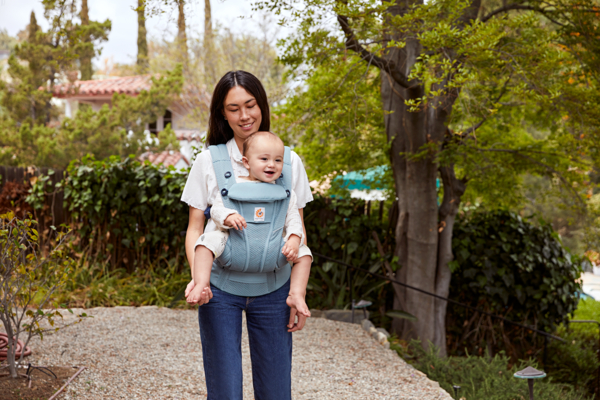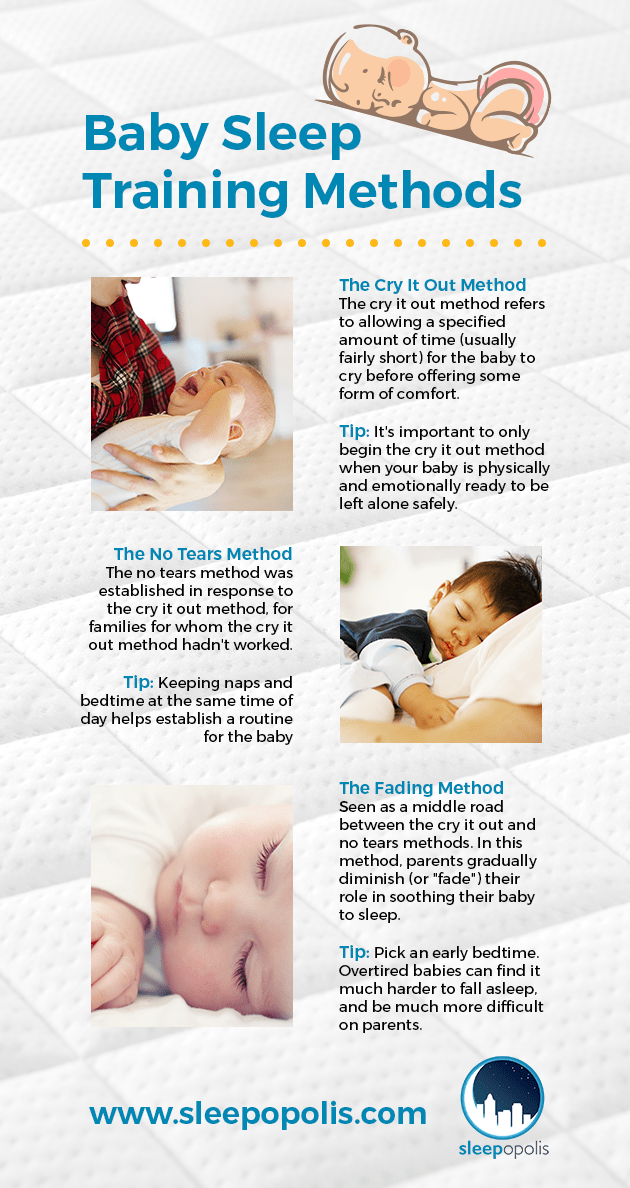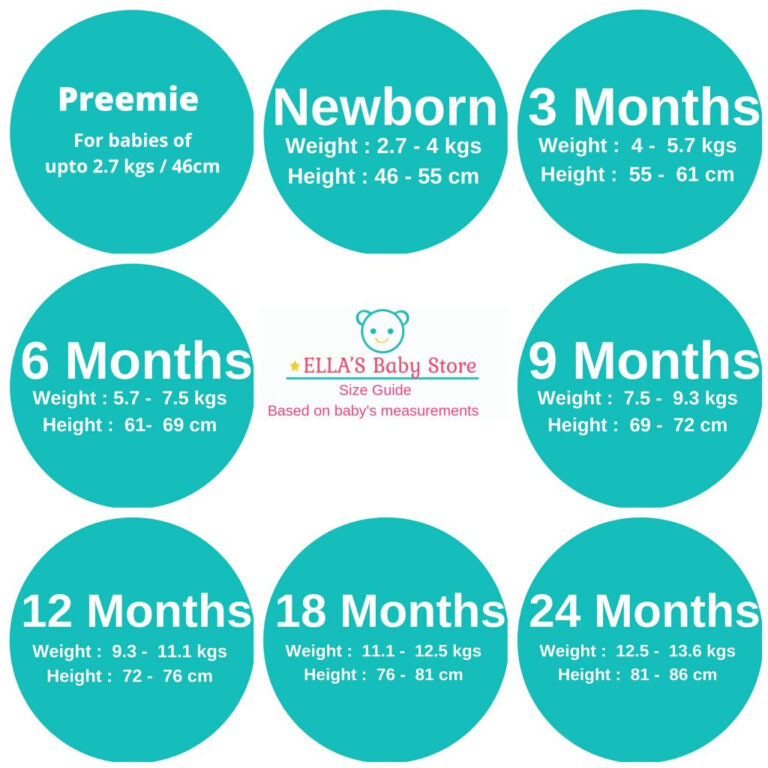What Should A Baby’s Heart Rate Be: Understanding the Basics
When it comes to the health of our little ones, every parent wants to ensure that their baby is growing and developing properly. One crucial aspect of a baby’s health is their heart rate. Understanding what is considered a normal heart rate for a baby can help parents monitor their child’s well-being and seek medical attention if needed. In this article, we will delve into the details of what should a baby’s heart rate be, why it is important, and what factors can influence it.
Knowledge
Before we discuss what the ideal heart rate for a baby should be, let’s first understand what a normal heart rate range is. In general, a baby’s heart rate can vary depending on their age, activity level, and overall health. For newborns, a normal heart rate is typically between 100 to 160 beats per minute. As babies grow older, their heart rate may decrease slightly, with infants aged 1-11 months having a heart rate of around 70 to 160 beats per minute.
It is important to note that a baby’s heart rate can fluctuate throughout the day, with factors such as crying, feeding, and sleeping affecting their heart rate. Additionally, certain medical conditions or illnesses can also impact a baby’s heart rate, so it is essential to monitor any changes and consult a healthcare provider if there are concerns.
Monitoring a baby’s heart rate can be done manually by feeling their pulse or using a baby heart rate monitor. These devices can provide real-time data on a baby’s heart rate and help parents track any irregularities or abnormalities.
Conclusion
In conclusion, understanding what a baby’s heart rate should be is essential for ensuring their overall health and well-being. By knowing the normal heart rate range for babies and monitoring any changes or abnormalities, parents can take proactive steps to address any potential issues and seek medical advice when needed. Remember, every baby is unique, so it is important to consult with a healthcare provider if there are any concerns about your baby’s heart rate.
Overall, knowing what should a baby’s heart rate be can help parents feel more confident in caring for their little ones and ensure that they are growing and developing as they should. Keep an eye on your baby’s heart rate, stay informed about what is considered normal, and always seek professional medical advice if you have any concerns. Your baby’s health is worth it!






